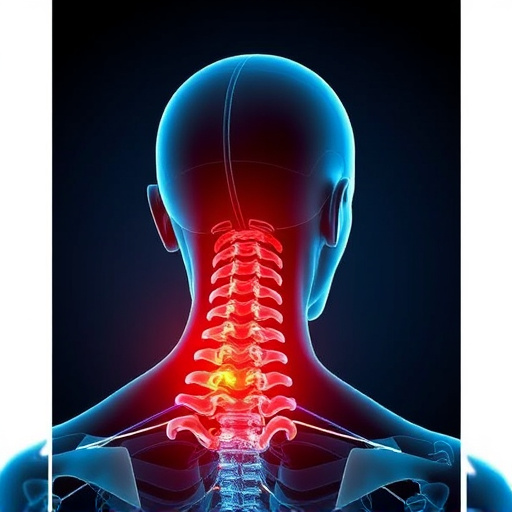Young digital natives in the workforce demand modern, convenient, and accessible government employee care solutions that address both physical and mental health. They prioritize proactive healthcare management, including prevention, wellness, and specialized services like chiropractic treatments for conditions like headaches. To engage and benefit these workers, government agencies should create tailored programs offering mental health support, flexible working arrangements, and user-friendly digital platforms. Implementing targeted strategies, such as mentorship programs and stress management workshops, is crucial to bolster government support for young employees' unique challenges, including auto accident recovery.
In today’s dynamic work landscape, understanding and addressing the needs of young workers is more critical than ever. This article explores what young individuals expect from government employee care programs, delving into their specific requirements and aspirations. We analyze key expectations ranging from mental health support to career development opportunities. Furthermore, we propose strategies for enhancing government initiatives to foster a supportive environment for youth in the workforce, ensuring their long-term success and satisfaction.
- Understanding the Needs of Young Workers
- Key Expectations from Government Employee Care Programs
- Strategies for Enhancing Government Support for Youth in the Workforce
Understanding the Needs of Young Workers

Young workers today bring a unique set of needs and expectations when it comes to government employee care. They are digital natives, accustomed to instant access to information and services. This generation seeks convenient, accessible, and modern approaches to wellness, including innovative solutions for common issues like chronic pain and headaches. Unlike previous generations, many young workers are also balancing demanding careers with personal lives, making holistic care that addresses both physical and mental health crucial.
Their preferences lean towards proactive healthcare management, emphasizing prevention and wellness over reactive treatment. This generation values government-supported initiatives that promote spinal health, offer ergonomic guidance, and provide access to services like chiropractic treatment and spinal adjustments for headache relief. By understanding these needs, government agencies can create more effective employee care programs tailored to engage and benefit young workers.
Key Expectations from Government Employee Care Programs

Young workers today have specific expectations when it comes to government employee care programs. One key area of focus is access to comprehensive wellness services. They seek programs that offer a wide range of benefits, including mental health support, flexible working arrangements, and preventive healthcare measures. This generation values proactive care that promotes overall well-being rather than merely treating symptoms.
Additionally, many young workers anticipate efficient and accessible channels for receiving care. They prefer user-friendly platforms and digital tools that facilitate easy appointments, online consultations, and quick claim processes. These expectations extend to the availability of specialized services, such as chiropractic care and sciatica relief, with a focus on chronic pain management. Young employees increasingly recognize the value of holistic approaches to health, integrating physical and mental well-being for optimal overall productivity and satisfaction in their careers.
Strategies for Enhancing Government Support for Youth in the Workforce

To enhance government support for youth in the workforce, several strategies can be implemented to address unique challenges and foster a conducive environment. Firstly, introducing comprehensive government employee care programs tailored for young workers can provide much-needed assistance. These initiatives should focus on mental health services, stress management workshops, and accessible counseling to alleviate workplace pressures. By prioritizing wellness, governments can help young employees navigate the complexities of their careers while maintaining work-life balance.
Additionally, creating mentorship programs pairing experienced professionals with newcomers can offer invaluable guidance. Such programs can facilitate knowledge transfer, improve job satisfaction, and reduce the headache relief associated with acclimating to new roles. Moreover, promoting flexible work arrangements and providing resources for skill development will empower young workers, enabling them to excel in their fields while also supporting auto accident recovery and overall well-being.
Young workers, an essential component of today’s workforce, have distinct expectations regarding government employee care. By understanding their unique needs and aspirations, government programs can be tailored to offer comprehensive support. This includes accessible mental health services, flexible work arrangements, and opportunities for professional development. Implementing these strategies not only benefits individual youth but also contributes to a more inclusive and productive society. Enhancing government support for young workers is a vital step towards fostering their success and ensuring they have the tools necessary to thrive in their careers.














